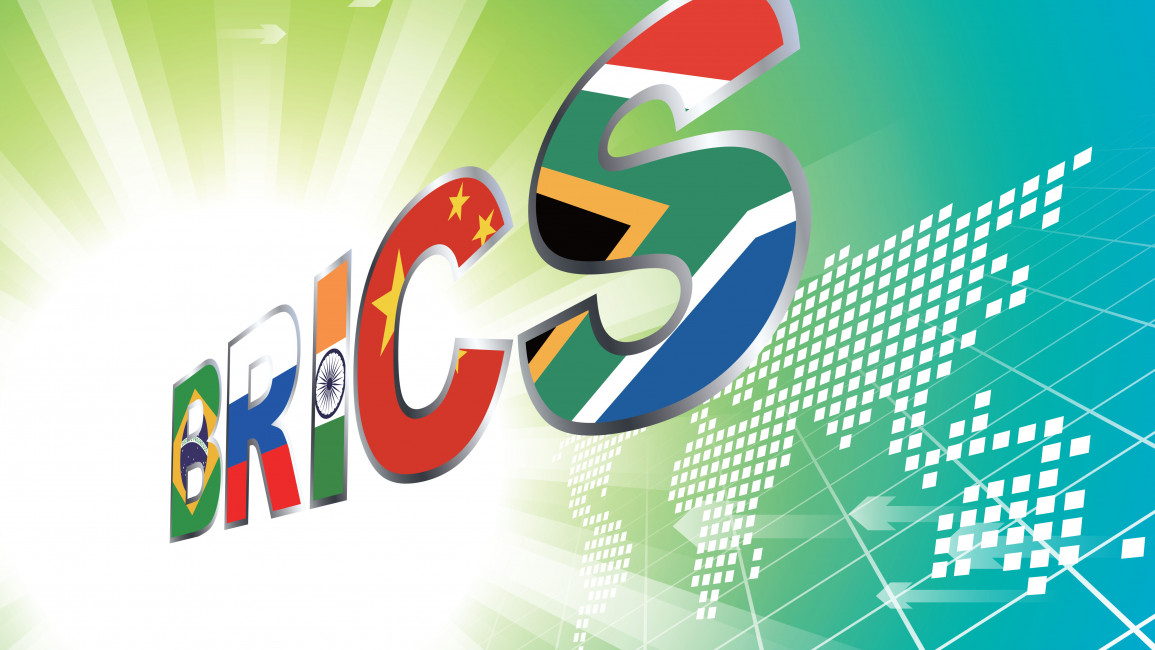Egypt’s BRICS membership officially activated under Russian leadership
Egypt’s membership in the BRICS economic bloc was officially activated on Monday as Russia assumed leadership of the group, which now comprises 10 countries.
The BRICS, an economic platform for emerging markets and developing countries, welcomed its five new members - Egypt, Saudi Arabia, UAE, Iran, and Ethiopia in August last year during the group’s summit in South Africa.
The integration of new member states marked a major expansion for the bloc originally founded by Russia, Brazil, China, and India in 2006 and later joined by South Africa in 2011.
Egypt has been facing a severe economic downturn and record inflation, making it difficult for the country to repay its external debts.
The Egyptian external debt soared by 5.1 percent during the fourth quarter of 2022, reaching US$162.94 billion, a total of US$10 billion more than the previous quarter, according to official figures.
"By joining the BRICS, Egypt is believed to have been trying to alleviate the dominance of the US dollar in the North African country’s economy amid an unforgiving economic crisis triggered by internal and external factors such as the currency devaluation and the Israeli war on the neighbouring Palestinian Gaza Strip," financial analyst Ahmed Hamouda told The New Arab.
The addition of the new member countries is likely to reinforce the group’s economic and political impact, representing a combined population of around 2.5 billion and a collective GDP of more than $US 16 trillion.
It remains unpredictable how such expansion in the BRICS membership could shape global economic and political dynamics in the coming years, though.
"There have been attempts to enforce ‘de-dollarization’ to reduce the dependency on the US dollar in international commercial deals, especially since Egypt is a country that relies on importation rather than local production," Hamouda explained.
Egypt is the world's largest importer of wheat, the most strategic commodity for the country, and its current economic problems have been blamed on external factors such as the Russian war on Ukraine, which severely affected global supplies of foodstuffs and other essential commodities.
Egypt had earlier opened the door to dollar-free trade transactions through bilateral agreements with Russia, China, and India, a step that may help promote the inclusion of the Egyptian local currency in international financial transactions with BRICS countries, which are also seeking to end the control of the US dollar on the global economy.
Earlier last year, the Russian central bank added the Egyptian pound to the Russian exchange rate.
The Egyptian pound has long been struggling against the US dollar due to controversial economic measures taken by the government of President Abdel Fattah al-Sisi at a time when importers have resorted to the parallel market to secure their need for dollars.



